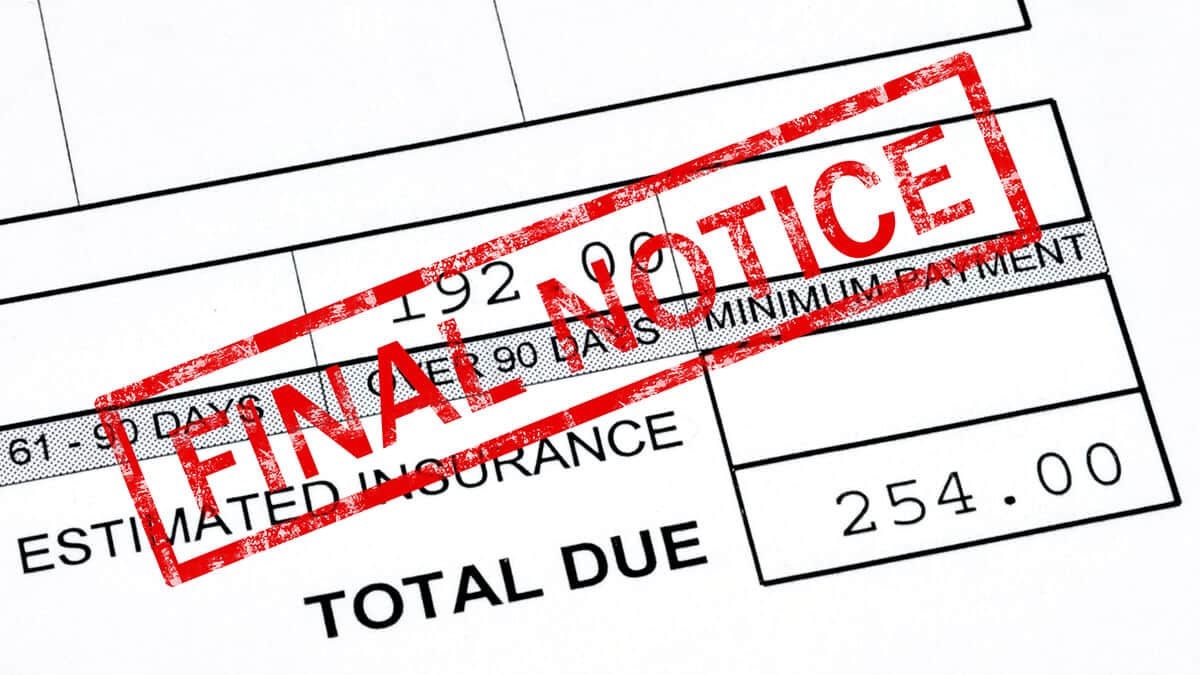In this guide
While it’s generally true that the money you have invested in super is locked away until you retire, there is some wiggle room in the rules to show compassion.
You may be able to access your super early on compassionate grounds provided you meet strict eligibility conditions and your super fund allows it. If it doesn’t, you may be able to transfer your super to one that does.
This condition of release allows the early payment of some of your super for specified compassionate reasons.
What is covered under ‘compassionate grounds’?
Compassionate grounds can include any of the following:
Paying for medical treatment or transport for you or your dependant (such as your spouse or child)
The medical treatment can’t be readily available through the public health system. The associated medical condition must also be life threatening, or it must generate acute/chronic pain or mental illness.
Making a payment on your mortgage or council rates so you don’t lose your home
The property must be your principal place of residence and you must be legally responsible for the payments. You can’t make the payments on behalf of a dependant who is responsible for them.
You can also only access the amount necessary to prevent your home from being repossessed, up to the following limit within any 12-month period:
- Three months of repayments plus 12 months of loan interest.
Expenses to accommodate yourself or a dependant with a severe disability
Eligible expenses are any of the following:
- Payments to modify your home or car
- The purchase of a modified car
- The purchase of disability aids
Paying for the palliative care of yourself or a dependant
Eligible expenses include the following:
- Accommodation costs in a hospice
- Palliative care service provider costs
- Palliative care management costs
Paying for the death, funeral or burial expenses of a dependant
You can apply to release an amount needed to cover:
- The death certificate
- Funeral service fees, hiring costs, flowers and public advertising, transport of the deceased
- Burial or cremation fees, including coffin, casket or urn.
Additional eligibility requirements and restrictions
The amount of super you can access early on compassionate grounds is limited to what you reasonably need to help you pay any of these expenses.
There are restrictions though. You can’t use early release super funds to pay for venue hire or catering associated with the death.
Also, you must also have no other way to pay for the expense other than using your super. For example, if you aren’t eligible for a loan and you don’t have any savings to pay for them.
For a full list of eligibility requirements and restrictions, visit the ATO website here.
Other reasons for the early release of super
You can find all the ways that you can access your super here, or continue reading for other conditions of release that are often confused with ‘compassionate grounds’.
Severe financial hardship
‘Compassionate grounds’ for accessing super early is different from ‘severe financial hardship’ (which is another potential way that super can be accessed early under Australian law). It’s important to understand the difference between these two categories because there are different terms and conditions for access.
The severe financial hardship provision for early super release generally only applies to people who have received government welfare payments for 26 consecutive weeks (from the Department of Human Services) and who can’t meet their ‘reasonable and immediate family living expenses’.
As a temporary measure, people suffering severe financial hardship due to COVID-19 were able to access up to $10,000 of their super in 2019–20 and up to a further $10,000 in 2020–21.
Terminal medical condition
A person diagnosed with a terminal medical condition can also access their super early under Australian law. However, a person in this category can access ALL their super, not just part of it as is the case under the ‘compassionate grounds’ provision.
Temporary or permanent incapacity
A person who is diagnosed as temporarily or permanently incapacitated can be eligible for insurance benefits through their super fund if they have this coverage.
In the case of temporary incapacity, payments can be made while you’re unable to work. If you’re permanently incapacitated, you can receive your super either as a lump sum or a regular stream of payments.
How do you apply for early super release on compassionate grounds?
You can apply online to the ATO or request a paper application form, but you can’t apply over the phone. However, the ATO advises you must check with your super fund before applying to see if they allow early release. If they don’t, you might consider transferring to a fund that does.
If the ATO approves your application for early release, you and your super fund will be notified and provided with an approval letter.
The approved amount can then be released early by your super fund to cover your eligible unpaid expenses. You should keep your payment receipts as evidence that you’ve used the early release funds appropriately.
You’ll be required to provide the following evidence to the ATO along with your application for early super release.
For medical treatment or transport
You must provide two reports for medical treatment/transport costs: either from two registered medical specialists or one report can be from a registered medical specialist and the other from a registered medical practitioner.
Unpaid invoices or quotes for any necessary treatment/transport must also be provided as part of your application.
There are additional requirements for in vitro fertilisation (IVF) treatments, dental treatments and treatment occurring in stages or over an extended period.
For making mortgage or council rates payments to prevent home repossession
You must provide a letter and other supporting evidence from your lender or council that states that the home is under threat of repossession and the payment that needs to be made to prevent this from happening.
For accommodating a severe disability
You must provide one report from a registered medical practitioner or specialist verifying the disability. Unpaid invoices or quotes for any necessary expenses to cater for the disability must also be supplied.
For palliative care
You must provide a report from a registered medical practitioner or specialist verifying that you (or one of your dependants) has less than 24 months to live and requires palliative care.
Unpaid invoices or quotes for any necessary care expenses must also be included with your application.
For death, funeral or burial expenses
You must provide either your dependant’s death certificate or a letter verifying their death from their medical practitioner or funeral provider. Unpaid invoices or quotes for any death, funeral or burial expenses must also be provided.
Do the rules differ if you’re in an SMSF?
No. SMSFs must follow the ATO application procedures outlined above to gain approval for the early release of member funds on compassionate grounds.
The ATO can impose severe penalties on SMSF trustees for the illegal and/or unauthorised early release of super funds. Even if you return the super to your fund, the withdrawn amount must be included in your assessable income which means you will have to pay additional income tax, shortfall penalties and interest. You may also be disqualified as a trustee.
What are the tax implications?
If you’re approved to access some of your super early on compassionate grounds, the amount is paid and taxed as a lump sum.
The actual rate of tax will depend on your age and the taxable and non-taxable components of your withdrawal.
It’s important to understand that taxable early super payments will usually count towards your taxable income in the year they’re received. This can also affect your eligibility for government welfare payments and liabilities like child support.
The bottom line
The ability to access your super on compassionate grounds is an important safety net. That said, do remember that your super is designed to fund your retirement, so any early withdrawal now will impact the amount you have available to spend in retirement. You’ll lose the power of compound interest on the withdrawn funds. That power can be substantial over time.
It’s worth seeking independent professional advice about whether an early release of your super is appropriate for your individual circumstances. In some cases, there may be other sources of funds that could be accessed first.
The information contained in this article is general in nature.









Leave a comment
You must be a SuperGuide member and logged in to add a comment or question.